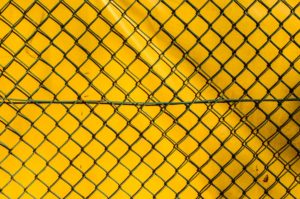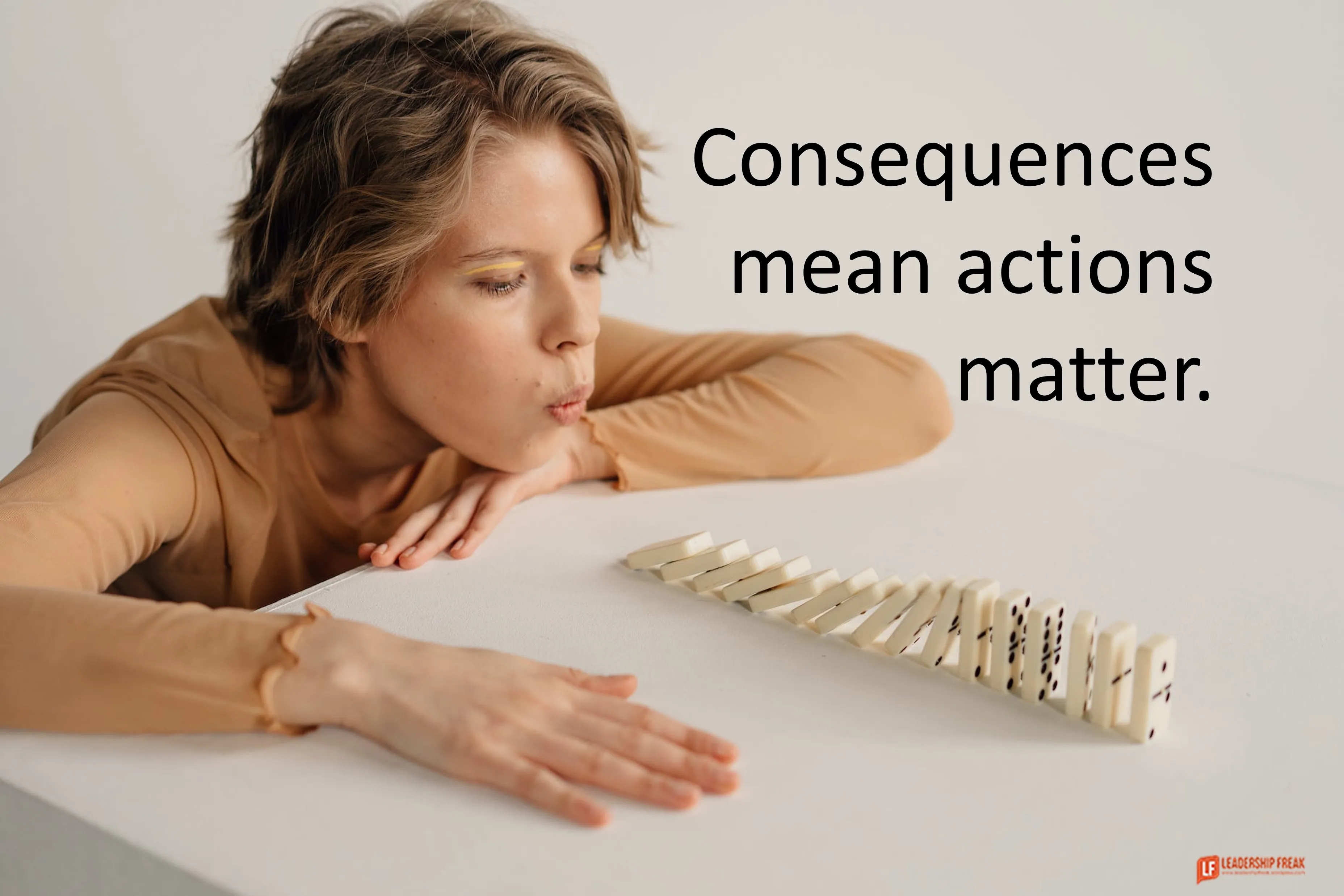- Abuse & The Abuser
- Achievement
- Activity, Fitness & Sport
- Aging & Maturity
- Altruism & Kindness
- Atrocities, Racism & Inequality
- Challenges & Pitfalls
- Choices & Decisions
- Communication Skills
- Crime & Punishment
- Dangerous Situations
- Dealing with Addictions
- Debatable Issues & Moral Questions
- Determination & Achievement
- Diet & Nutrition
- Employment & Career
- Ethical dilemmas
- Experience & Adventure
- Faith, Something to Believe in
- Fears & Phobias
- Friends & Acquaintances
- Habits. Good & Bad
- Honour & Respect
- Human Nature
- Image & Uniqueness
- Immediate Family Relations
- Influence & Negotiation
- Interdependence & Independence
- Life's Big Questions
- Love, Dating & Marriage
- Manners & Etiquette
- Money & Finances
- Moods & Emotions
- Other Beneficial Approaches
- Other Relationships
- Overall health
- Passions & Strengths
- Peace & Forgiveness
- Personal Change
- Personal Development
- Politics & Governance
- Positive & Negative Attitudes
- Rights & Freedom
- Self Harm & Self Sabotage
- Sexual Preferences
- Sexual Relations
- Sins
- Thanks & Gratitude
- The Legacy We Leave
- The Search for Happiness
- Time. Past, present & Future
- Today's World, Projecting Tomorrow
- Truth & Character
- Unattractive Qualities
- Wisdom & Knowledge
Happiness Tuesdays
Natural Consequences
Have you ever thought about the natural consequences that occur because of your actions?
I’ve seen a few posts lately about teaching children how the natural consequences of their actions show up, rather than giving them your own consequences. I do not personally think this is an effective way to teach children to be disciplined.
The reason I do not think it is effective is because it doesn’t tend to be effective for us as adults…so how do we expect children to be able to rationalize with themselves enough to make wise decisions when all they have to go on is a natural consequence that might occur?
Look around you - the world is full of people (you and I included) who have made poor choices EVEN WITH the knowledge of the natural consequence that might occur because of that choice.
People still choose to smoke cigarettes every day even though we know the horrible consequences of that action.
We know that overeating causes obesity which leads to tons of health problems - but many people are still overeating every day.
Going to bed too late and not getting enough sleep will cause you to be tired, irritable, and function at a lesser capacity - yet people stay up too late watching shows or reading books every night.
The thing is we know that there are consequences for our choices - yet our will and desire to do what we want to do is often stronger than the potential consequence that might ensue.
Maybe it’s because there’s always the potential that the consequence might not happen - we might get away with the choice and avoid the pitfall. It’s a gamble that many people are willing to take.
The good news for us as adults is that we have the right to make choices - regardless of the natural consequence that might be in store for us.
Interesting Fact #1
Newton was a revolutionary physician and mathematician in the 1600s that coined the term ‘For every action, there is an equal and opposite reaction’. Little did he know that his third law could have so much relevance in the 21st century, but for different reasons.
Interesting Fact #2
One of the biggest lessons we can teach our school children is that for every action there is a consequence – it allows them to assess the situation before they make a choice. Every day as a parent, we are teaching our kids that if they do something, something else will happen. For example, if you touch the oven, it will burn you – if you climb on the bench, you will fall off – if you throw the ball in the house, you will knock something over or more positively, if you eat all your breakfast, you will grow up big and strong.
Interesting Fact #3
Consequence for your action becomes even more important as a teenager. If you decide to take that drug, there are a lot of negative consequences and you could be hooked. If you go home with that person, this might happen. If you choose football over soccer, your friends will change and the list goes on. Teaching ‘for every action there is an equal and opposite reaction’ allows our children to assess the consequence before they take the action. It is an invaluable tool to be able to make the right choice based on the consequences.
Quote of the day
“Every choice comes with a consequence. Once you make a choice, you must accept responsibility. You cannot escape the consequences of your choices, whether you like them or not.” ― Roy T. Bennett
Article of the day - What Are the Consequences of Your Actions?
While comparing notes with a friend who also has small children, we stumbled across an important question:
How do we ensure that our children have good taste in music when they grow up?
For two guys who were DJs in former lives, that’s a really important question. But admittedly, maybe not one of critical importance.
It did lead me to consider the question of what lessons are critically important. What is important for me to pass along?
What popped up for me seemed so simple, but it’s something that we forget every day.
The power of consequences.
Cause and Effect
When most of us think about consequences, we think of them as some sort of punishment for bad behavior. We have to “live with the consequences” of our actions. But we need to think more broadly than that.
Every action we take has consequences. Big and little, good and bad, public and unseen. Humans really are “effect” machines who go around causing things to happen. (By the way, the Sanskrit word karma in its most un-nuanced form means effect). Sometimes we do it on purpose, more often by accident, but we always have an effect on the world and the people around us.
The faster that you learn that you have an impact on your surroundings, the faster you start to take care with how you behave. And it is a learning process. Small children don’t have the experience or the brain synapses to understand the consequences of their actions, which is why half of parenting is damage control and accident prevention.
But I’ve met too many adults who still manage to forget that the things they do, say, and think will influence their lives and their surroundings.
Interconnection is a Reality
 I want my son to learn this lesson on a deep level because so much of our modern world divorces cause from effect. We don’t see the fields that our food grows in and we don’t see the landfills that our garbage ends up in. We don’t see many of the impacts of our consumption.
I want my son to learn this lesson on a deep level because so much of our modern world divorces cause from effect. We don’t see the fields that our food grows in and we don’t see the landfills that our garbage ends up in. We don’t see many of the impacts of our consumption.
And we don’t see how these effects have further effects…unless we look really hard. And it continues on in a cycle of cause and effect.
Interconnectedness isn’t just a Buddhist idea. It’s a reality we live in every day.
We can’t always predict what effects we will cause. In fact we can rarely predict what impact we have. But if we keep in mind that there will be consequences, if we at least consider them, we’ll often take different actions.
You’re Creating Your Future You
I once had a sales mentor who said that if I didn’t like my results in a given week, it wasn’t because of what I did that week. It’s because of what I had or hadn’t done three weeks ago. For that job, that was the time frame, the cycle, of when I would notice the effects of my work. So if I wanted to have a good sales week in three weeks, I had to put in the effort today.
Whether or not you’re trying to hit a sales goal this week, you are influencing your future through your actions. Your efforts today have meaning for today, but even more for the future you’re creating.
That’s what I want to pass on: That all of our actions have an effect. Those effects enmesh us with the world and with each other. When we’re aware of and deliberate with our actions, we tend to act with more compassion, kindness, and purpose.
Basically, I want Liam to understand that consequences matter.
And that’s a good thing.
Question of the day - What is one behavior or choice that you make regardless of the natural consequence associated with it?
Rights & Freedom
What is one behavior or choice that you make regardless of the natural consequence associated with it?












